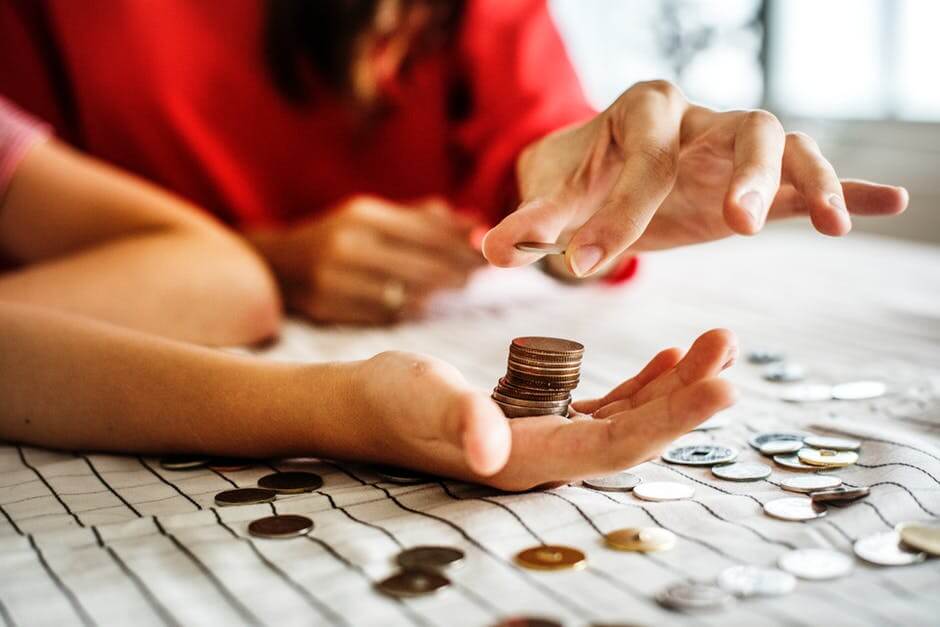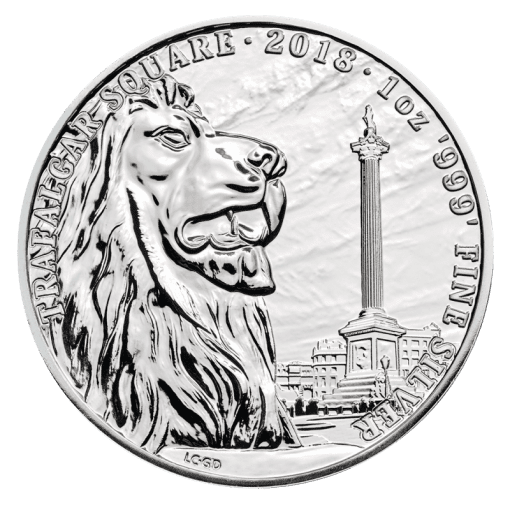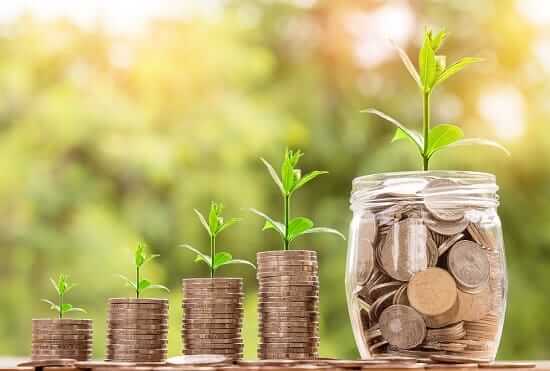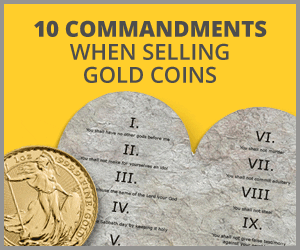Blog
Numismatics – The Study and Collecting of Coins and Currency
Numismatics. It’s not a word many people will have heard of before. Perhaps you have heard in a quiz “What do you call a coin collector?” Numismatics refers to a steadily growing group of people who are totally fascinated by coins; all sorts of coins, old and new and from all different currencies.
A Numismatist is a coin collector. Numismatics involves the appreciation of craftsmanship, finish and features – when you look closely at a coin it’s surprising what you can learn. Learn more in our article about Numismatics – the study or collecting of coins medals and paper money.


What is numismatics?
Numismatics is actually far more interesting than you’d think. Numismatics is the study of and collection of coins, notes and other forms of currency, it’s a huge and varied topic with plenty to keep you interested.
The word “numismatics” itself comes from the Greek word “nomisma”, which means “coin”, its first known use was back in 1790. The “nom” part you may also recognise from our own word “denomination”. The numismatic art itself refers simply to the study of coins and historic money, but nowadays numismatists are also interested in medals, online currency and paper currency too. Numismatics also concerns items that are similar to coins but don’t necessarily have any economic function: things like tokens, religious items or badges.
Download our FREE Insiders Guide to gold and silver here
Numismatics vs Coin Collecting – How do the Two Compare?
So, do you want to be a Numismatist or coin collector? Well, don’t worry, you can actually be both! You can be an avid coin collector without practising the study of coins (history etc). behind them, or you can learn about the field without actually doing any collecting. We compare the difference between the two below.
What is coin collecting?
Conversely, coin collectors often take enjoyment in gathering together full sets of coins depending on what they are personally interested in. These could be Beatrix Potter or London Olympics 2012 celebration coins for example, or coins marking special times in history for the Royal Family.
What does a Numismatist study or collect?
A “true” numismatist goes well beyond mere collecting, it’s a passion and takes on the form of the study of coins and education. We go on to discuss subcategories of numismatics below, but essentially a Numismatist collects and studies coins, tokens, paper money, and a range of related objects. As a general rule, a numismatist will study currency from a social, artistic or historical viewpoint.
What are the Different Subcategories of Numismatics?
Numismatics is essentially about the value of a currency, the study of currency, how we use it and exchange it, as well as the physical currency itself. It’s about rarity, methods of manufacture and history of the coins. So, what does a Numismatist collect? Numismatics can be broken down into different categories, which we discuss below:
What is Notaphily?
Notaphily – this is the collecting, study and learning of paper money such as banknotes. The word is formed from “Nota” – a Latin word for “paper Money and “Phily” a Greek word for love – so essentially it’s the “love of paper money”. In more recent times Notaphily has also started to include collecting and studying of plastic notes too.
What is Exonumia?
Exonumia – “Exo” is the Greek for “out of” and Nummus is the Latin for “coin”. These include a broad range of items such as the collecting and study of coins as well as badges, key tags, medals, military coins, tokens (e.g. arcade, bank, casino, communion, membership) and toy money. These are just a few examples of aspects of collecting and studying Exonumia.
Here at Physical Gold, we go well beyond the study of coins and make Exonumia, investment-friendly too. Why not make money from your study of coins, by speaking to us?
What is Scripophily?
Scripophily – this is the collecting and study of securities such as bond certificates, stock certificates and other negotiable financial instruments. Scripophilists will often collect based on the antiquity, scarcity and aesthetic appeal of an item. Investment principles are often in the background, but undoubtedly if managed correctly Scripophily in the long-term can make attractive investment properties. Modern Scripophily is becoming trickier as the financial services industry moves away from paper-based to electronic systems.
What coins are worth collecting?
We now analyse some of the coins, which we believe are most worth collecting.
Royal Mail coins
For a lot of British coin collectors, the Royal Mint is where it’s at. Planning for new releases and eagerly awaiting the chance to get their hands on the latest designs, they jostle to be the first to place an order for a new coin and prepare to add it to the other Royal Mint coins in their collection. Infact, did you know that the Royal Mint website ground to a halt when it made available its phenomenally popular 2017 Peter Rabbit 50p coin?
Limited Edition Collectable Coins
When it comes to collecting coins, the ones which are most sought after are ones which were only in circulation for a short time, i.e. are limited edition coins. Historically significant or especially attractive coins are also popular, and excitement is further heightened by mints that are limited in numbers or metal type, for example, a gold coin that’s usually silver. A particularly famous limited edition mint includes the recent Star Wars: The Empire Strike Back silver coin which had a mintage across the globe of just 10,000.


Minting Error Coins
Another category of collectable coins are minting errors, these are coins, which had some sort of error during the minting process. The main categories of minting errors are:
- Hub and die errors – these include double printing, die-setting errors, areas missing from the design, die breaks as well as cracks and chips, as well as many other types too
- Planchet preparation errors – these include minting blank coins, clipped coins, minting coins with varying thicknesses as well as cladding and lamination flaws
- Strike errors – a range of errors in the striking process
Buying minting error coins can make a great investment. This is especially the case if these coins are bought early when premiums are often lower. As the years go by and error coins become scarcer and more sought after, the premiums paid can often rise dramatically.


Is Coin Collecting a Good Investment?
When it comes to coin collecting as a way of building an investment or pension fund there are no shortcuts. It’s not a quick way to “flip” some money or make a fast buck – it’s much more long term. Old and rare coins are pretty much always worth far more than their face value.


A lot of financial advisors are even suggesting you keep between 5-10% of your investments in precious metals and rare coins. Not only will this offer a little extra security but it will give a good foundation for building future wealth. Even if the stock market was to totally flop, your collected coins will retain their value and actually likely increase as investors plump more towards commodities. It’s potentially a fascinating yet lucrative hobby.
Is it Worth Seeking Dealer Advice About Which Coins to Buy?
If you’re interested in beginning a personal coin collection or in getting into numismatics, in particular, there are many coins which are very highly regarded, so if there are particular items you have in mind it’s important to get your order in as quickly as possible.
In our opinion, it’s essential to take advice and there’s plenty available from Numismatic publications and websites as well as through talking to dealers such as Physical Gold Limited.
How Can I Invest with Physical Gold today?
So, are you interested in the study or collection of coins and perhaps starting a fantastic new coin collection of your own? In our opinion, Numismatics is more than coins study or the collecting of coins medals and paper money – it should be an investment too!
Let us get you started. Whether you’ve been collecting for years or you’re just starting to dabble, Physical Gold can help with any advice about collecting or investing in gold. Speak to us on 020 7060 9992 or send us an email so we can help.
Image Credits: Nattanan23 and Raw Pixel

